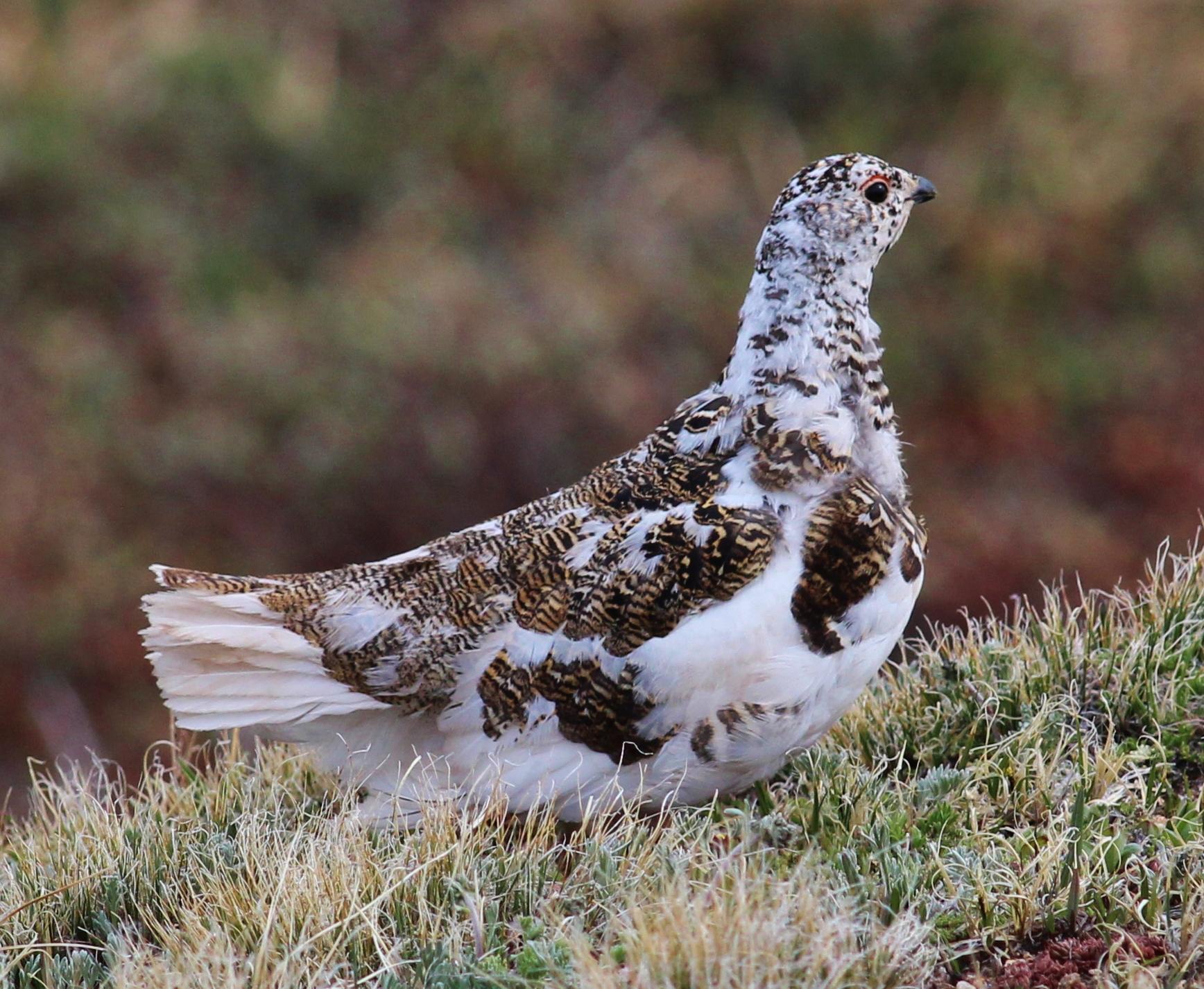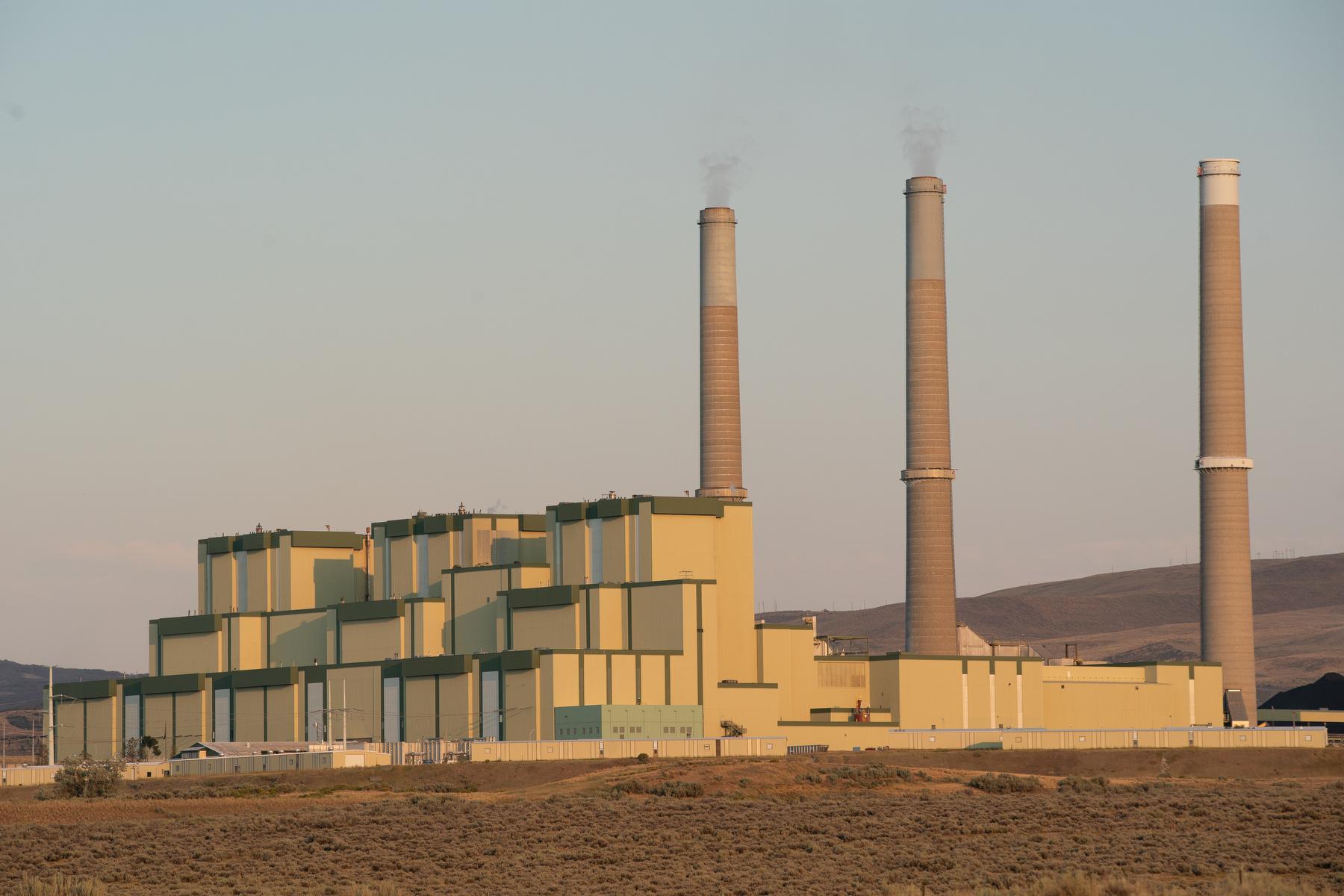

New research suggests that the reproduction of a climate change bellwether species hasn't been impacted.
Colorado State University and researchers at the U.S. Geological Survey found that white-tailed ptarmigan reproduction in the state isn’t strongly affected by rising temperatures.
Greg Wann, a Ph.D. candidate in CSU's graduate degree program in ecology, says animals in higher elevations are generally expected to be vulnerable to climate change.
“We did think that was rather surprising that even though these birds are responding to climate by nesting earlier, that overall that’s not having an impact on their reproductive rates," Wann said.
For example, one population of the chicken-sized bird on Mount Evans is breeding nine days earlier.
“Even though they’re breeding earlier, their reproduction hasn’t increased or decreased due to weather,” Wann said.
Populations are holding steady on Mt. Evans, but it’s a different picture in Rocky Mountain National Park. Numbers there have decreased, and the research clears the way for scientists to zoom in on other factors climate change could affect—like habitat and access to food.







